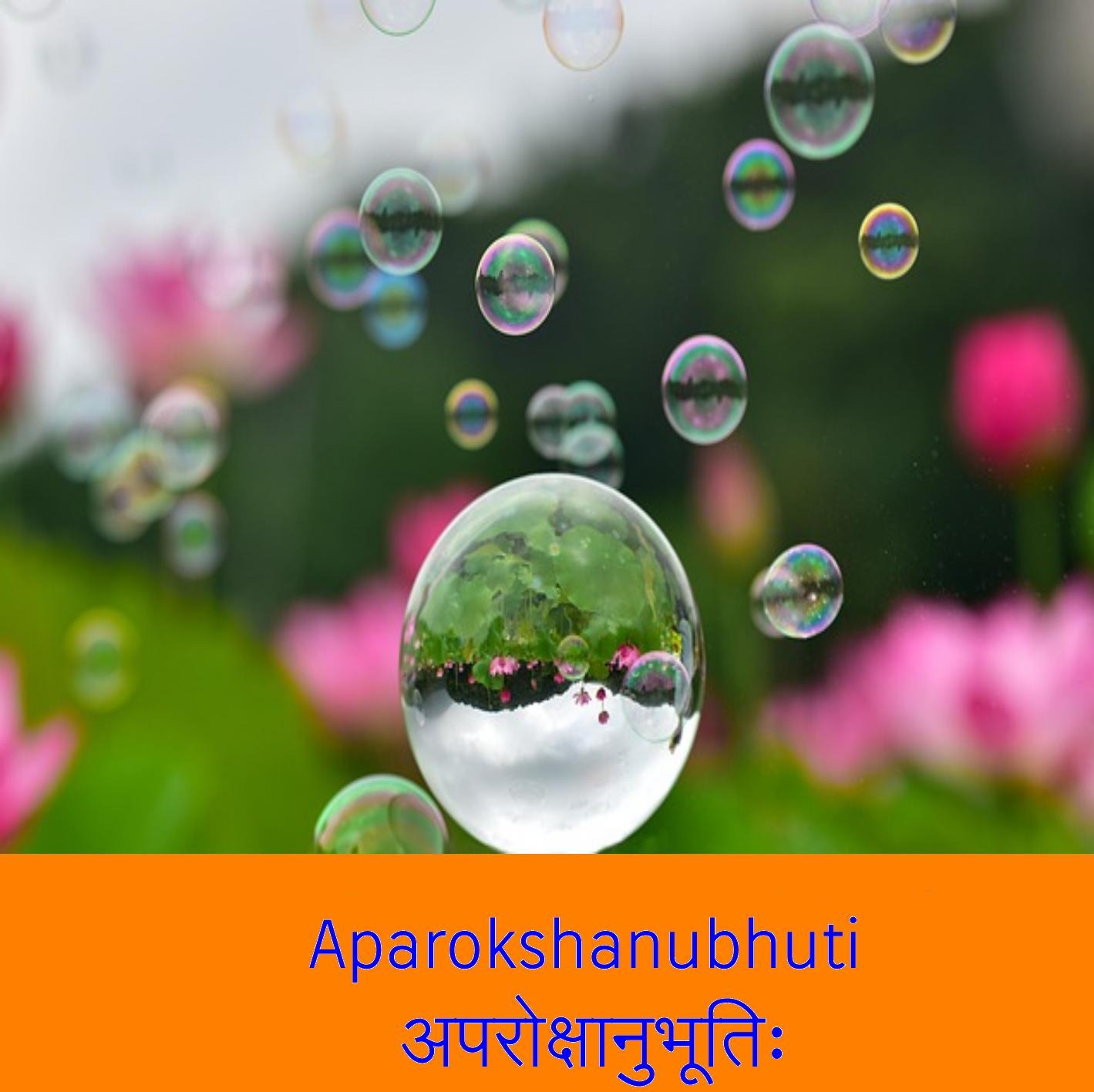Aparokshanubhuti-16
- Author
- Aurobind Padiyath
- Published
- Wed 30 Jul 2025
- Episode Link
- https://redcircle.com/shows/fe53db7f-360c-4b30-b69c-83084d6bcae3/episodes/e4ec5fa2-d195-409c-b6d1-18c95fb514fb
Verse No 38
Even in ritual-centric portions of the Veda — not just in pure knowledge sections — the Upaniṣadic seers implicitly affirm the non-identity of Self and body.
That the Self continues to experience karma-phala after the fall of the body points decisively to its independent, eternal nature — a powerful blow to both materialism and body-identity theories.
Verse No.39
The subtle body (liṅga-śarīra) is defined by qualities like invisibility, changeability, multiplicity (through birth in various bodies), and being knowable. It is connected to various physical forms and is mind-dominated and unstable. The Self, on the other hand, is eternal, directly known (aparokṣa), changeless, and the witness of all.
Though doership and enjoyership appear to belong to the Self due to identification with the subtle body, they truly vanish when the false superimposition is removed through Self-knowledge. Thus, Vedānta remains consistent and free from internal contradiction, unlike other dualistic views.
